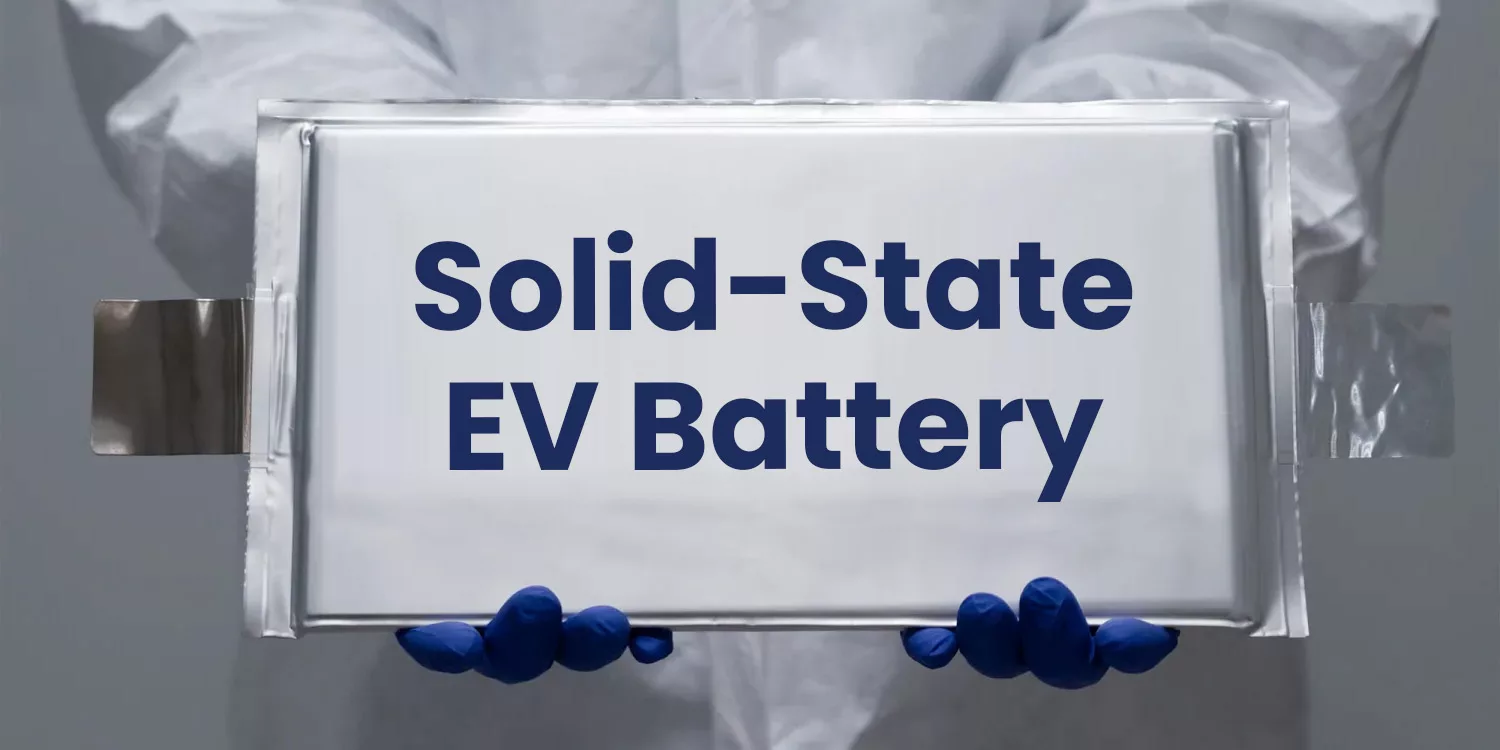Honda is set to commence pilot production of lightweight solid-state batteries next year, marking a significant step in the evolution of electric vehicle (EV) technology. These batteries promise enhanced performance, safety, and efficiency, which could transform the landscape of electric mobility.
What Are Solid-State Batteries and Their Key Features?
Solid-state batteries (SSBs) utilize a solid electrolyte instead of the liquid or gel electrolytes found in traditional lithium-ion batteries. This design allows for:
- Higher Energy Density: More energy storage in a smaller volume.
- Improved Safety: Reduced risk of leaks and thermal runaway.
- Longer Lifespan: Enhanced durability compared to conventional batteries.
Why Is Honda Focusing on Lightweight Solid-State Battery Technology?
Honda is focusing on lightweight solid-state battery technology to enhance the performance and efficiency of its electric vehicles. By reducing battery weight, Honda aims to improve vehicle range and handling, making EVs more appealing to consumers. This strategic move aligns with global trends toward electrification and sustainability in the automotive industry.
What Advantages Do Lightweight Solid-State Batteries Offer?
Lightweight solid-state batteries offer several advantages over traditional lithium-ion batteries:
| Advantage | Lightweight Solid-State Batteries | Traditional Lithium-Ion Batteries |
|---|---|---|
| Energy Density | Higher | Lower |
| Weight | Lighter | Heavier |
| Safety | More secure | Risk of leaks and fires |
| Lifespan | Longer | Shorter |
This table highlights how lightweight solid-state batteries can enhance EV performance while addressing safety concerns.
How Will Honda’s Pilot Production Impact the Electric Vehicle Market?
Honda’s pilot production of lightweight solid-state batteries is expected to have a significant impact on the electric vehicle market by:
- Setting Industry Standards: Establishing benchmarks for battery performance and safety.
- Encouraging Adoption: Making electric vehicles more attractive due to improved range and efficiency.
- Driving Innovation: Inspiring other manufacturers to invest in similar technologies.
What Challenges Does Honda Face in Developing Solid-State Batteries?
Despite the promising potential of solid-state batteries, Honda faces several challenges:
- Manufacturing Complexity: Producing solid electrolytes at scale is technically demanding.
- Cost: Initial production costs are higher than those for conventional lithium-ion batteries.
- Material Sourcing: Finding suitable materials for solid electrolytes can be difficult.
How Are Other Automakers Responding to Solid-State Battery Innovations?
Other automakers are also investing in solid-state battery technology as part of their electrification strategies. Companies like Toyota, BMW, and Volkswagen are exploring similar advancements to enhance their electric vehicle offerings. This competitive landscape is driving innovation across the industry, with many manufacturers aiming to bring solid-state batteries to market within the next few years.
What Is the Future Outlook for Solid-State Batteries in the Automotive Industry?
The future outlook for solid-state batteries is promising as research continues to overcome existing challenges. With ongoing advancements in materials science and engineering, these batteries are expected to become commercially viable soon. This shift will likely revolutionize the electric vehicle market, leading to safer, more efficient energy storage solutions.Industrial News
Honda’s announcement regarding pilot production of lightweight solid-state batteries has generated significant interest within the automotive industry. As manufacturers increasingly focus on electrification, Honda’s initiative positions it as a leader in battery innovation. The potential benefits of these advanced batteries could reshape consumer perceptions of electric vehicles and drive broader adoption.Redway Expert Insights
“Honda’s commitment to developing lightweight solid-state batteries is a strategic move that could redefine electric vehicle performance,” states Dr. Hiroshi Tanaka, an automotive technology expert. “By focusing on safety and efficiency, Honda is not only enhancing its product offerings but also contributing to a more sustainable future.”
FAQ
What are solid-state batteries?
Solid-state batteries use a solid electrolyte instead of liquid ones found in conventional lithium-ion batteries, offering higher energy density and improved safety.Why is Honda focusing on lightweight solid-state battery technology?
Honda aims to enhance electric vehicle performance by reducing battery weight, which improves range and handling.What challenges does Honda face with solid-state battery development?
Challenges include manufacturing complexity, higher initial costs compared to traditional batteries, and material sourcing issues.



